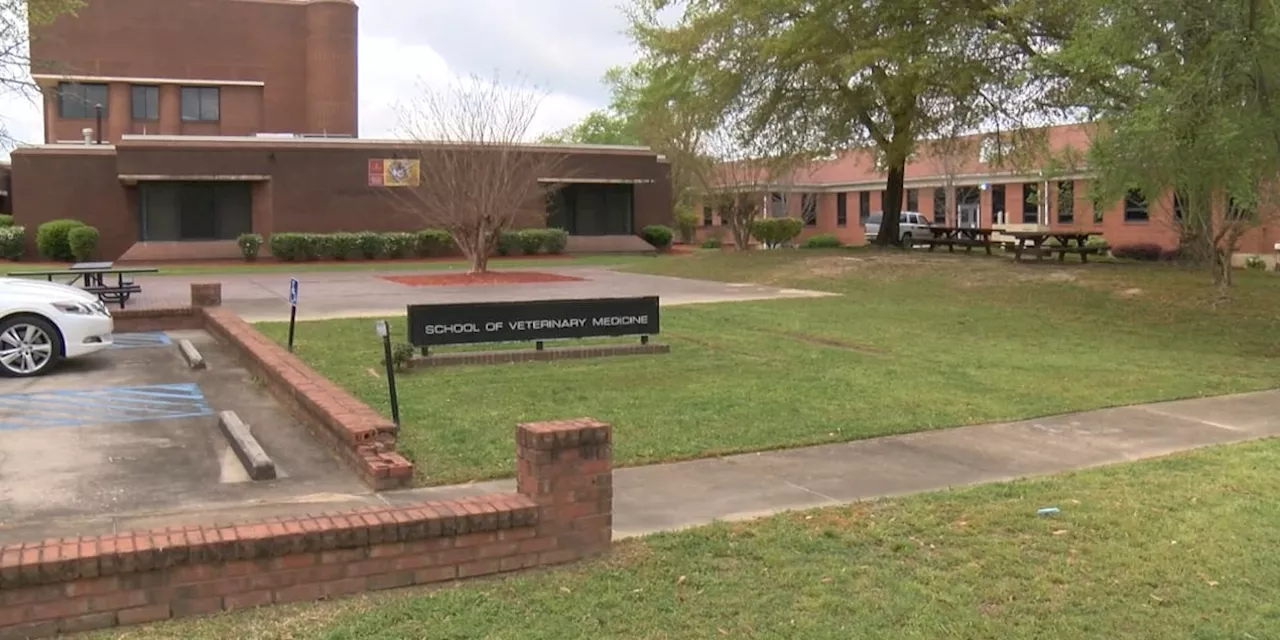Tuskegee University has filed a federal lawsuit against the American Veterinary Medical Association (AVMA) in an effort to prevent the potential revocation of its accreditation status. The university’s College of Veterinary Medicine is the only historically Black veterinary school in the United States, and the decision to strip its accreditation could have far-reaching implications for its future.
The lawsuit, which includes a complaint and an emergency motion for a preliminary injunction, alleges that the AVMA has violated Tuskegee’s due-process rights. The university claims the AVMA failed to adhere to its own guidelines during the ongoing accreditation review process. The case is particularly urgent, as a hearing scheduled for December 5, 2023, threatens to finalize the AVMA’s decision to assign terminal accreditation status to the veterinary school due to alleged non-compliance with specific standards.
Tuskegee argues that the AVMA’s actions could irreparably damage the institution’s reputation. The university’s filing states that the AVMA’s decision could lead to the closure of the veterinary program, which has produced over 70% of the nation’s Black veterinarians since its founding in 1945 by Dr. Frederick Douglas Patterson.
The complaint emphasizes that the AVMA did not allow Tuskegee to present essential evidence or witness testimony during the accreditation review, which the university argues is a violation of procedural fairness. The motion specifically outlines four procedural violations by the AVMA, including barring expert witness testimony from notable figures such as Willie M. Reed, DVM, PhD, and James W. Lloyd, DVM, PhD, both respected deans in veterinary education.
The lawsuit highlights that Tuskegee has faced challenges in the past, including a probationary status in 2013 that was lifted in 2016 after the university addressed curriculum deficiencies. Since then, the college has made substantial progress in meeting accreditation standards, a point that Tuskegee asserts has not been adequately acknowledged by the AVMA. The university’s motion states, “The harm to Tuskegee University — a unique and historic institution serving underrepresented communities — outweighs any inconvenience to the AVMA.”
Tuskegee’s emergency motion requests that the court intervene and issue an injunction before the upcoming hearing to allow the university’s veterinary program to continue operating normally. The motion warns that if the AVMA’s terminal accreditation status goes into effect, it could hinder the university’s ability to recruit new students, secure research funding, and maintain its reputation within the veterinary field.
As the situation unfolds, Tuskegee University remains committed to ensuring that all current veterinary students can complete their degrees without disruption. The university has expressed its determination to pursue all available appeal options while maintaining its educational programs and services.
The outcome of this legal challenge could have significant implications not only for Tuskegee University but also for minority representation in the veterinary profession across the United States. The case underscores the critical importance of due process and fair treatment in accreditation processes, particularly for institutions that serve historically underrepresented communities.
